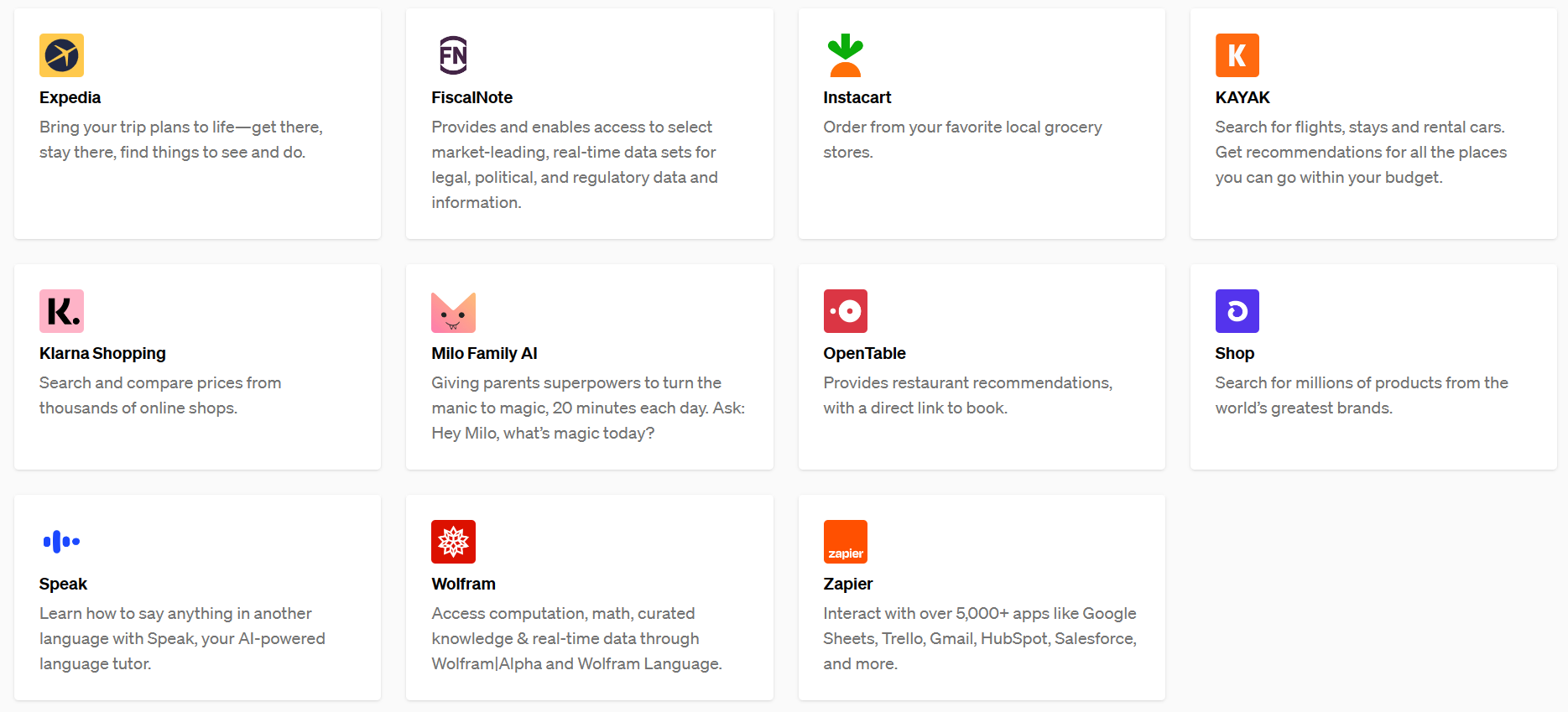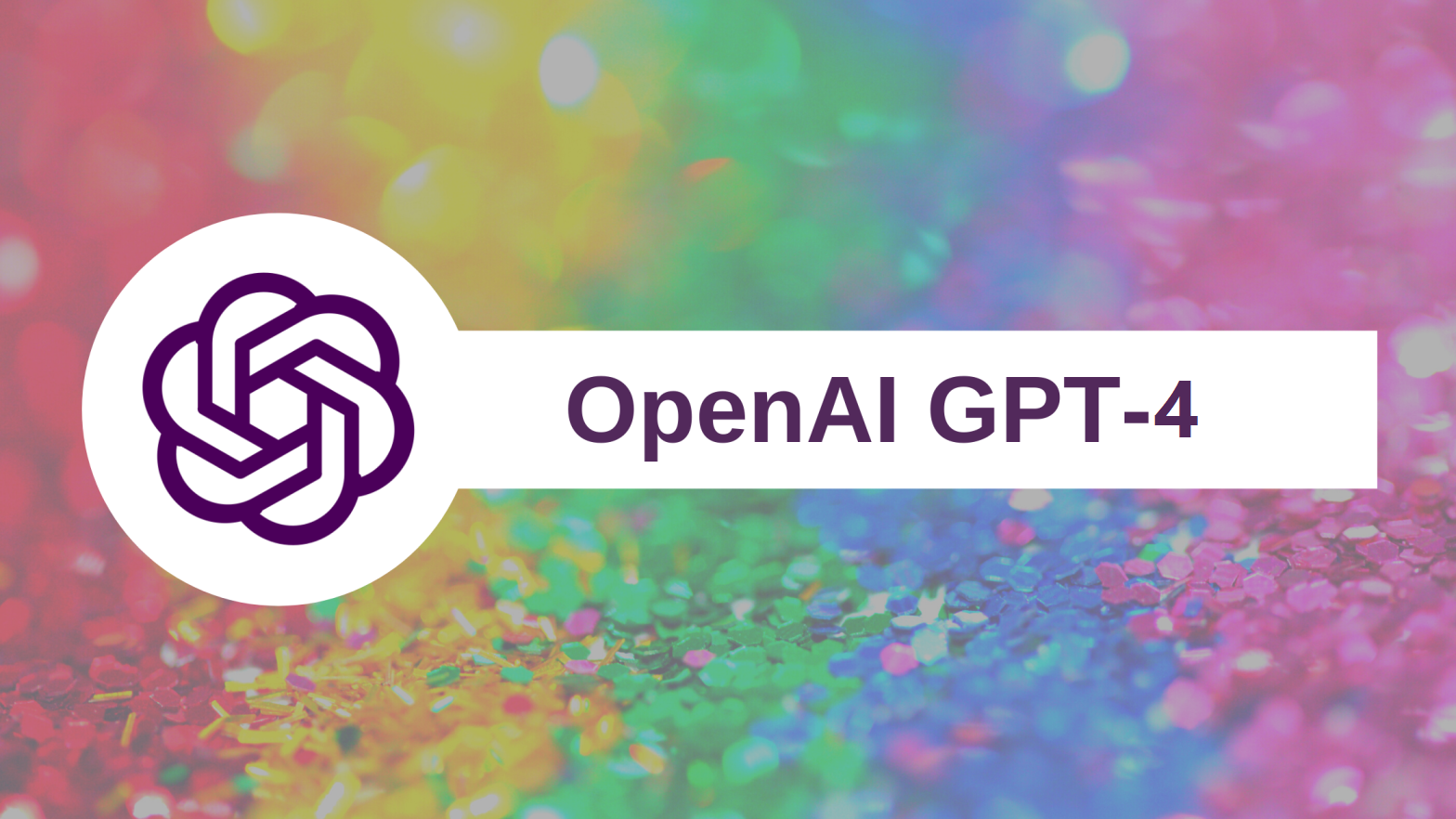OpenAI has unveiled an exciting upgrade to ChatGPT by introducing support for plug-ins. This move significantly broadens the chatbot’s capabilities by allowing it to access live data from the web for the first time.
Previously, ChatGPT’s knowledge was limited to its training data, which concluded in 2021. With the addition of plug-ins, ChatGPT can now browse the web and interact with specific websites. This enhancement has the potential to transform the chatbot into a versatile interface for a wide range of services and sites, with OpenAI describing it as having “eyes and ears” for other services.
Plugins are in a limited alpha and may not yet be accessible to you. Please join the waitlist to get access. During the alpha, we will be working closely with users and developers to iterate on the plugin system, which may evolve significantly.
In a demonstration video, a user employs ChatGPT to locate a recipe and subsequently order the required ingredients through Instacart. The chatbot automatically populates the shopping service with the necessary items and directs the user to the site to finalize their order.
Initially, OpenAI is rolling out plug-in access to a select group of users. There are 11 plug-ins available for external sites, including Expedia, OpenTable, Kayak, Klarna Shopping, and Zapier. OpenAI has also developed its own plug-ins, one for interpreting code and another called “Browsing,” which allows ChatGPT to obtain information from the internet.
The browsing plug-in enables ChatGPT to perform tasks it previously couldn’t, such as comparing the box office sales of recent Oscar winners to other newly released movies. The chatbot displays the sources it consults before providing its response.
This experimental feature shares similarity with Microsoft’s Bing, which supplies GPT-4, the language model underpinning ChatGPT, with internet-sourced information. However, OpenAI’s plug-ins go beyond delivering real-time data by integrating with APIs and facilitating actions on behalf of users, making it a more powerful tool. For example, while Bing can inform users about flights and hotels, ChatGPT can help book them.
As ChatGPT’s ability to perform actions on behalf of users raises security and safety concerns, OpenAI has implemented several safeguards. The company has limited plug-in availability to a small group of users and will initially prioritize a select number of developers and ChatGPT Plus users for plug-in access. OpenAI has also provided a waitlist for users interested in gaining access to these new features.




